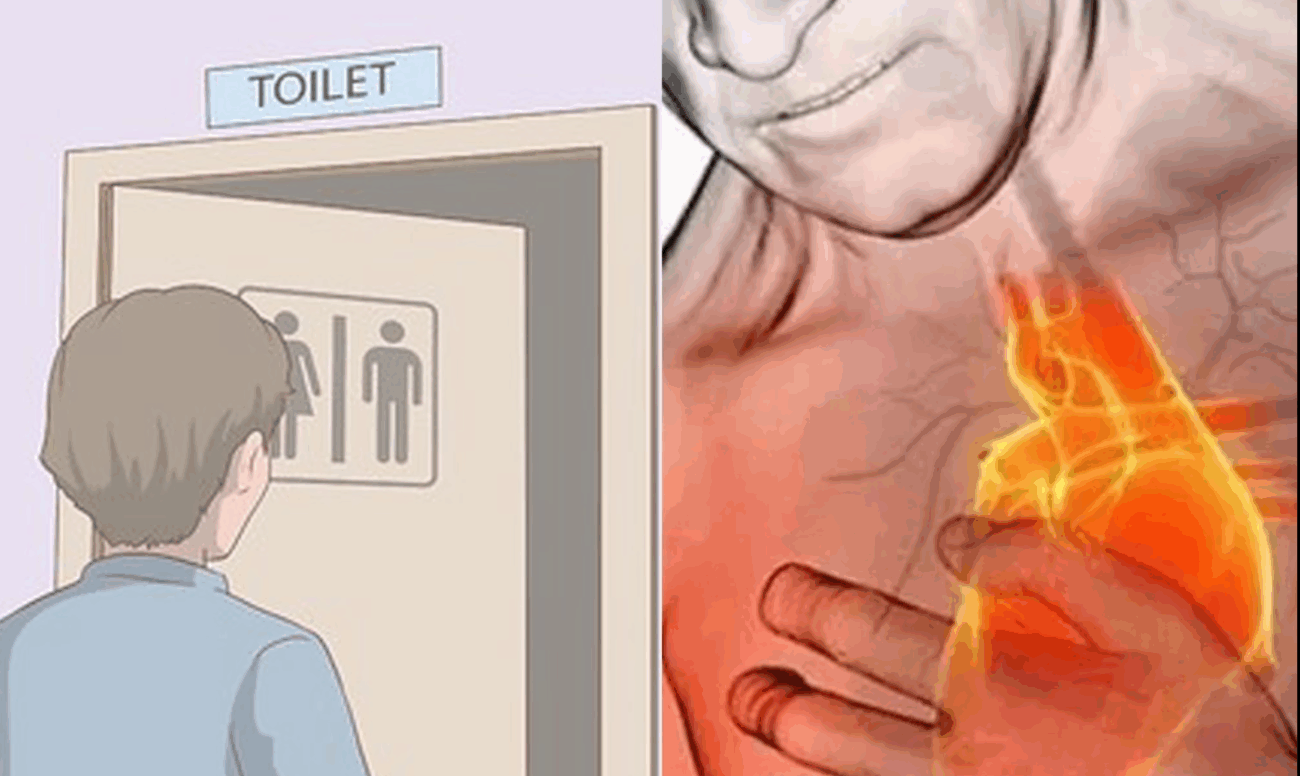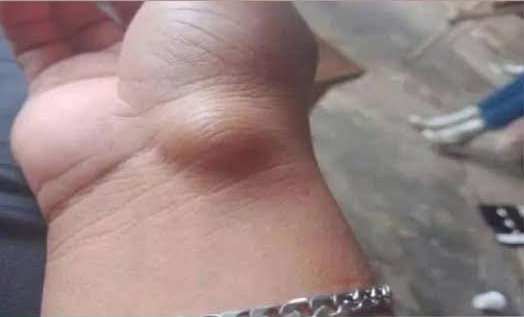Urination serves as the body’s essential mechanism for removing toxins and regulating fluid levels. However, if you find yourself visiting the bathroom more often than usual, it may indicate an underlying issue. In medical terms, polyuria refers to producing more than 2.5 liters of urine daily. While this can sometimes stem from benign causes, it may also signal health conditions that need medical evaluation.
Common Reasons for Excessive Urination
High Fluid Intake
Consuming large quantities of water or diuretic drinks like tea, coffee, or alcohol can prompt the kidneys to generate more urine.
Diabetes
Unmanaged diabetes, particularly type 2, can lead to frequent urination. Elevated blood sugar levels prompt the body to expel excess glucose through urine.
Urinary Tract Infections
Urinary tract infections (UTIs) can inflame the bladder, causing a persistent urge to urinate, often with discomfort or burning sensations.
Diuretic Medications
Certain medications, particularly those prescribed for high blood pressure, have diuretic properties that boost urine output.
Prostate Issues
In men, an enlarged or inflamed prostate can exert pressure on the bladder, leading to a frequent need to urinate.
Anxiety and Stress
Heightened anxiety can activate the nervous system, increasing urine production.
Kidney Conditions
When kidneys fail to regulate fluids effectively, it can result in more frequent urination.
When to Consult a Doctor?
If excessive urination occurs without a clear cause and is accompanied by symptoms like intense thirst, fatigue, pain, weight loss, or changes in urine color or smell, seeking medical advice is crucial. Early evaluation can help identify and address potential health concerns.
Conclusion
Frequent urination may be typical in some scenarios, but persistent changes warrant attention. Recognizing the cause and pursuing timely treatment can help avoid more significant health issues.




